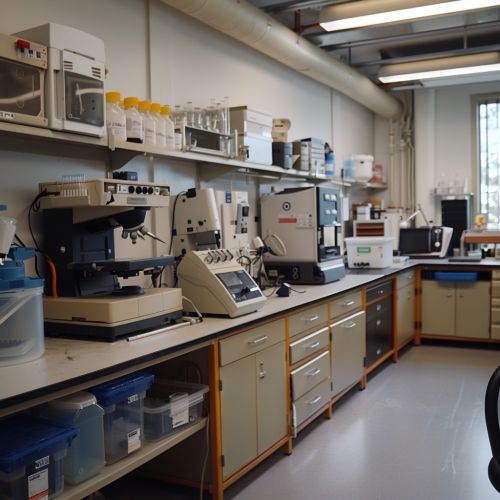Research Design
Introduction
Research design refers to the overall strategy utilized to integrate the different components of a study in a coherent and logical way, thereby, ensuring the research problem is effectively addressed. It constitutes the blueprint for the collection, measurement, and analysis of data. As such, the design of a research study begins with the selection of a topic and the formulation of a research question.
Types of Research Design
There are several types of research designs that can be used while conducting research. These designs can be broadly classified into three categories: experimental, descriptive and correlational.
Experimental Research Design


Experimental research design, also known as quantitative research, is a scientific method used to control and manipulate variables to establish cause-effect relationships. The researcher starts with a general hypothesis, then observes and measures the effect of manipulated variables on the study's outcome, while controlling other variables.
Descriptive Research Design
Descriptive research design is a scientific method which involves observing and describing the behavior of a subject without influencing it in any way. This design is used to study rare phenomena, where the researcher observes the subject without participating in the study.
Correlational Research Design
Correlational research design explores the relationship between two or more variables without any manipulation. The researcher measures the variables and analyzes the data to find a relationship. The study could involve observation, surveys, interviews, or other data collection methods.
Selection of Research Design
The selection of a research design depends on the research question and the nature of the study. The researcher must consider the ethical implications, the resources available, and the desired outcome of the study when selecting a research design.
Conclusion
Research design is a critical component of any research study. It provides a roadmap for the collection, analysis, and interpretation of data. By choosing an appropriate research design, researchers can ensure that their study is valid, reliable, and ethically sound.
